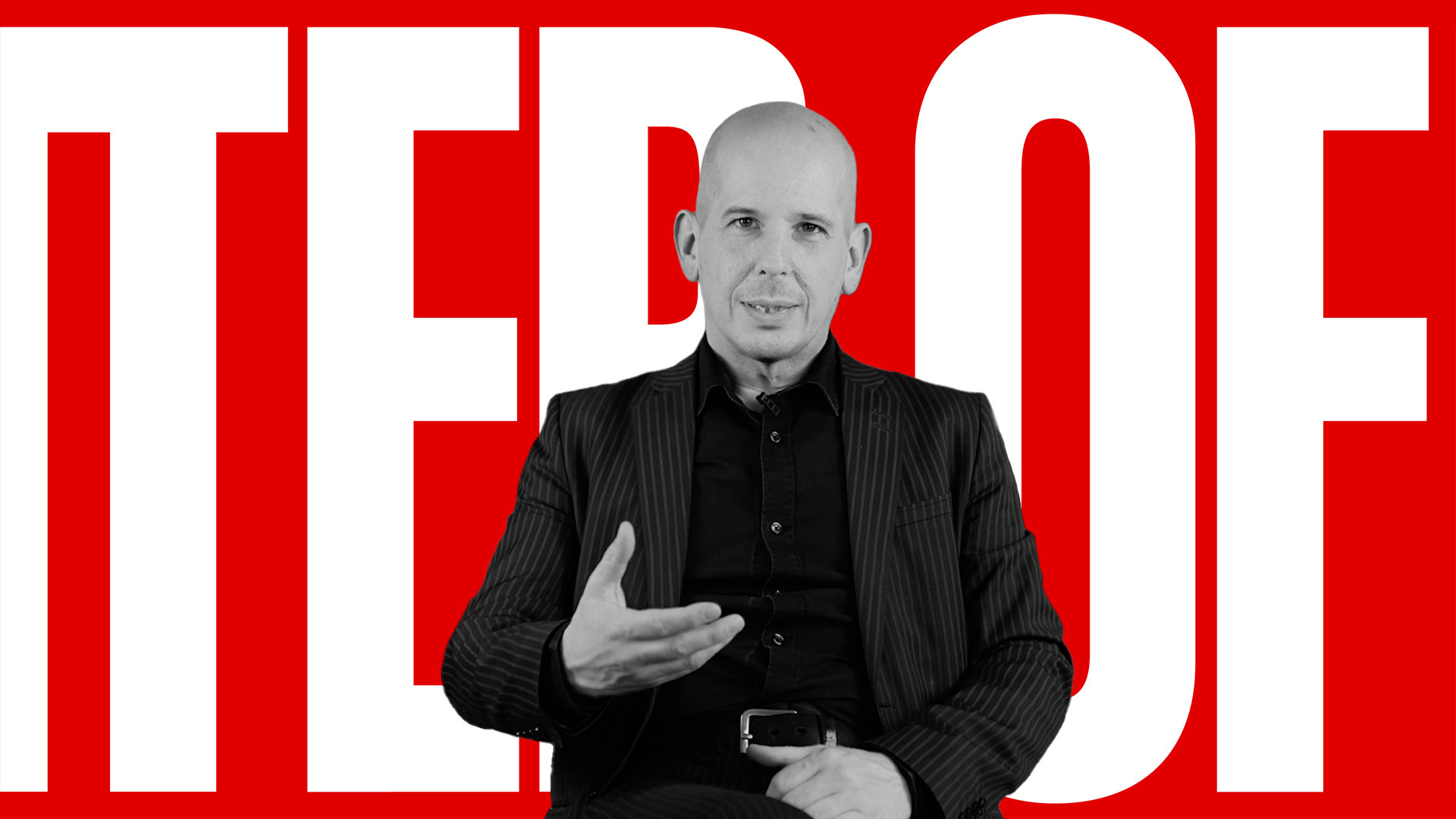“Conspiracy Theory”
There are different words for conspiracy theories
According to studies conducted in Germany, one third of the population believes in conspiracy theories. What has not been settled, however, is what exactly defines a conspiracy theory and what the most appropriate term for it is – conspiracy theory, conspiracy ideology, conspiracy myth, or conspiracy narrative.
We are using the term “conspiracy theory” here not only because it has become established in everyday language, but also because doing so points out the similarities between conspiracy theories and scientific theories. For a long time, conspiracy theories served as a method of understanding the world. Today, they are a world unto themselves. We cannot look away: we must take the danger they present seriously.

What is a conspiracy theory?
A conspiracy theory is based on the idea that the world is controlled by secret powers. In this way, it is different from misinformation, which is simply incorrect, and from disinformation, which is intended to mislead. The linguistic roots of the English and German terms emphasize the aspect of collaboration. Verschwörung (conspiracy) derives from Schwur (oath) or mit-Eid (joint oath), while the English “conspiracy theory” derives from the Latin conspirare, which means “to think in the same spirit.”




